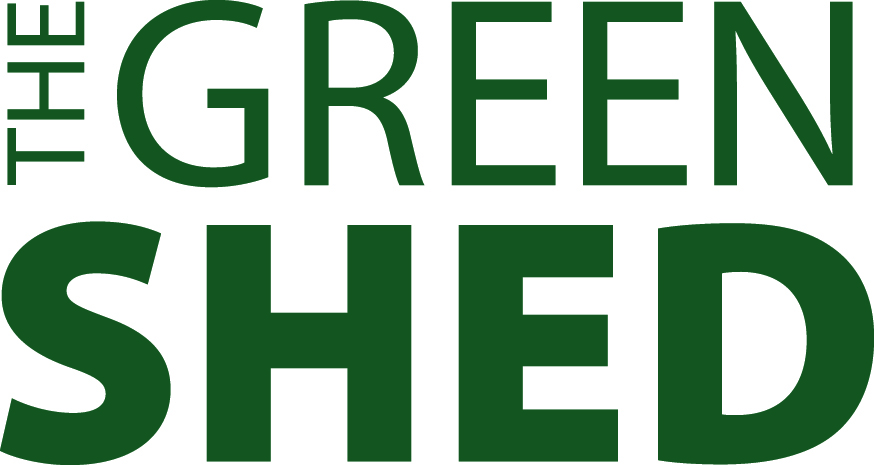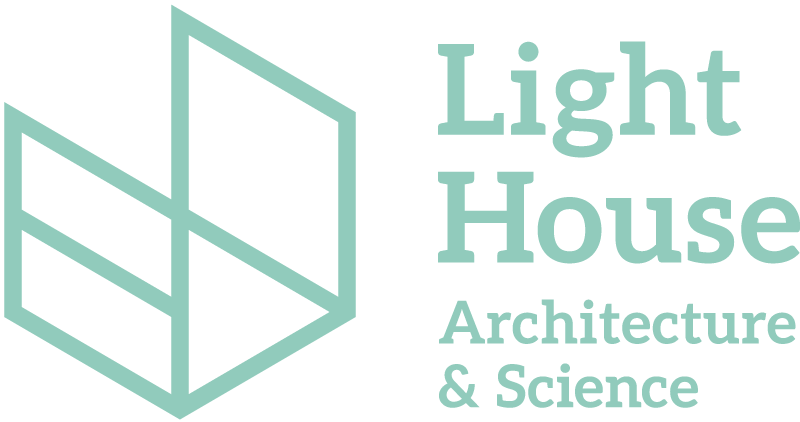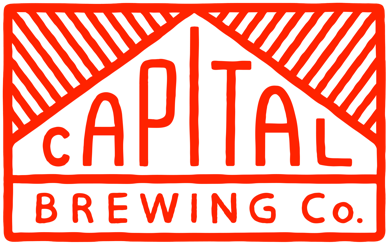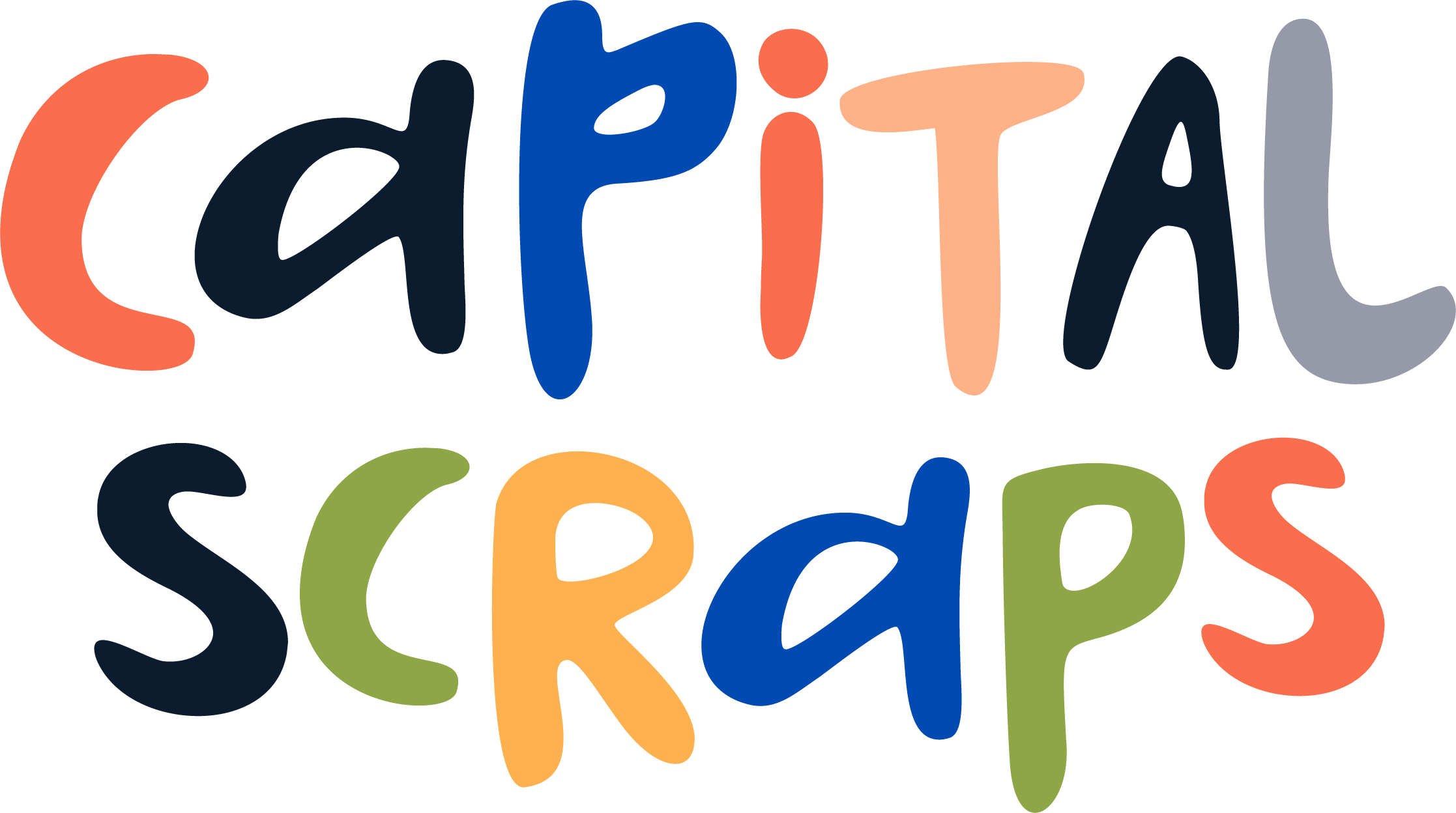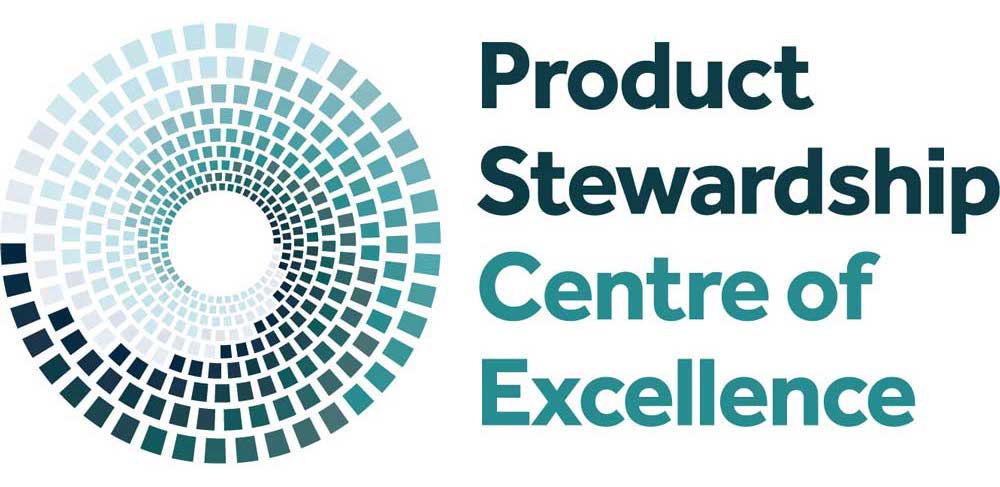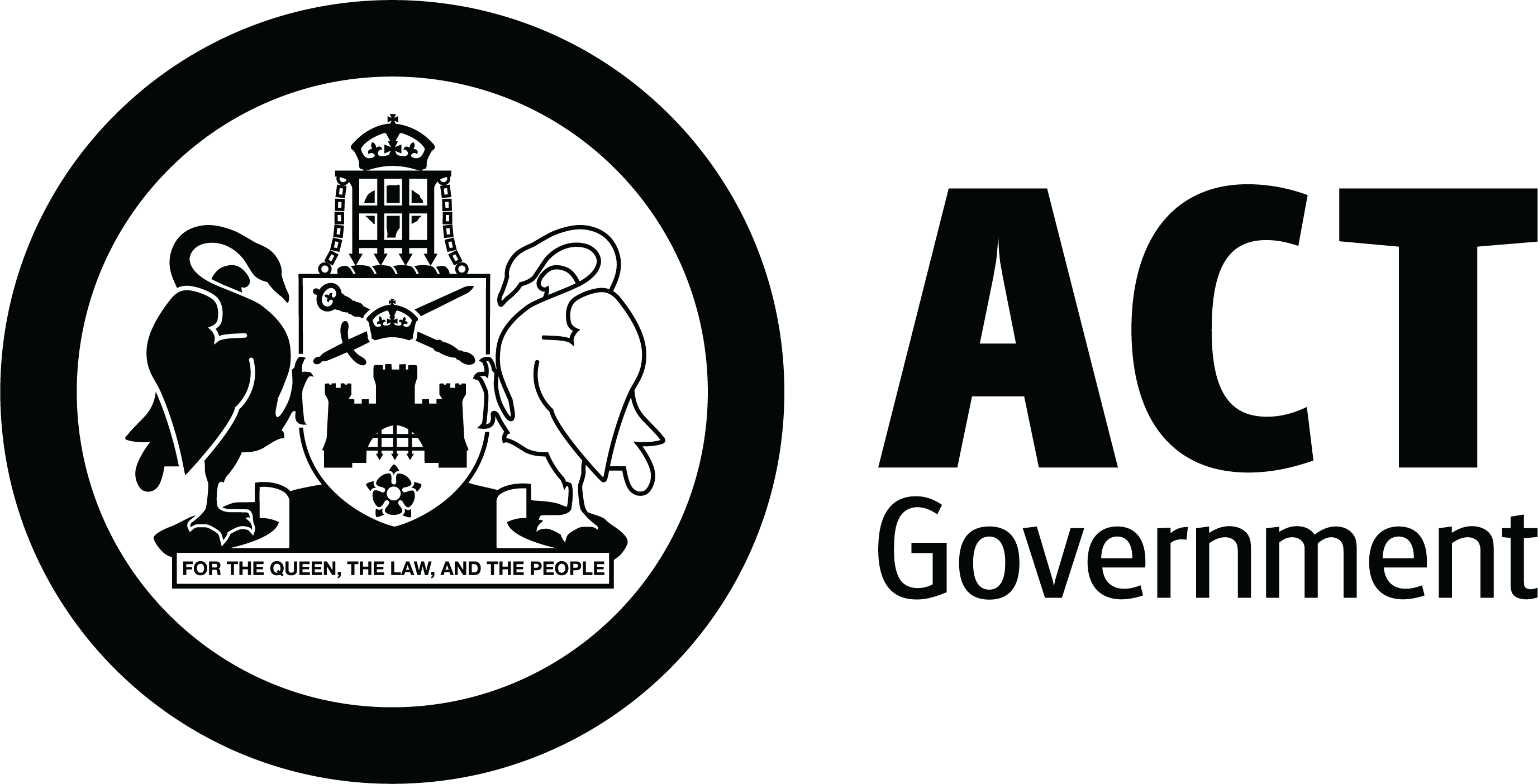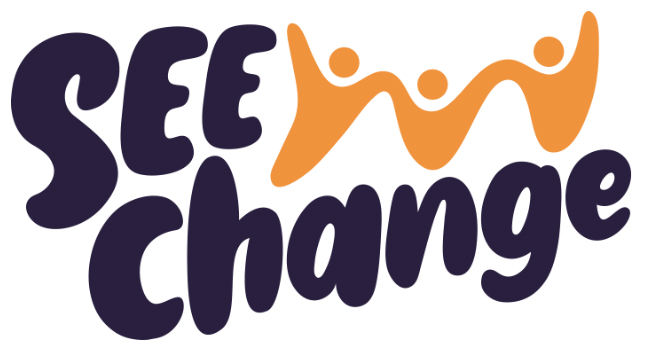The Symposium is done but Canberra’s circular journey is just beginning!
Click through to the program and tips for what to do next.

Canberra’s circular future starts here…
Circular Economy Symposium 2022
At the CBR360 Symposium, guest speakers from across Canberra’s businesses, universities, government and community sector will together explore the challenges and opportunities of transitioning to a circular economy.
CBR360 Circular Economy Symposium will:
- Explore the potential of a circular economy for Canberra
- Promote sharing of knowledge and experience
- Enable cross-sectoral collaboration
- Call the Canberra economy and community to action
 SYMPOSIUM SNAP SHOT
SYMPOSIUM SNAP SHOT
- One-day face-to-face event, Thursday 15 September 2022 at Kambri Cultural Centre, ANU
- Four consecutive themed sessions each with speakers from business, academia, government and community
- Catered morning and afternoon tea and lunch, concluding with networking drinks
- Display hall for partner and community organisations
 ONE-DAY PROGRAM
ONE-DAY PROGRAM
Display hall & registration
Session 1: Beyond recycling
Exploring the principles of a circular economy and why it is needed
Morning tea & display hall
Session 2: Closing the loop
Showcasing innovation in supply chains and the benefits of extended producer responsibility
Lunch & display hall
Session 3: Shifting behaviour
Driving a cultural shift from conspicuous to conscientious consumption through partnership with community-led initiatives
Afternoon tea & display hall
Session 4: Fostering circularity
Examining necessary policy settings, research and incentives to support circular practices
Networking drinks
Making Canberra’s economy circular
Canberrans buy, use and discard more stuff per person than almost any other city in the world, depleting natural resources and polluting the environment on which we depend. To satisfy our consumption, the ACT has an ecological footprint nearly 14 times larger than its geographical area. But long, complex supply chains dissociate Canberrans from the impacts of the food and goods that we mostly import from other states and countries and the ‘waste’ that we export.
The ACT has made significant progress in reducing greenhouse gas emissions from energy, and has made commitments that support circularity, including diverting food waste from landfill and reducing emissions from transport and buildings. But we need to do more if we want to demonstrate genuine sustainability.
To become the sustainable, livable bush capital we can be proud of for future generations, we need to go beyond recycling. We must transform linear take–make–waste consumption into circular practices that rethink how and what we consume, maximise avoidance of waste, and keep resources efficiently in use.
 FROM LINEAR TO CIRCULAR
FROM LINEAR TO CIRCULAR
The “economy” is often conceived as being separate from the natural world, and the materials and ecosystem services it provides are treated as infinite and free. This is clearly not the case. Our planetary systems have limits and our ‘economy’ should be reframed to sit within those limits. As per the United Nations’ theme for World Environment Day 2022, ‘there is only one Earth’.
The linear extraction, production and disposal of materials and goods, and the advertising-driven consumption typical of the industrial age, result in environmental degradation and social inequalities that are now well recognised: deforestation, mining wastelands, landfill mountains, poisoned rivers, species extinctions, biodiversity loss, ecosystem collapse, plastics pollution, climate change, respiratory diseases, child labour, exploitation, factory disasters, urbanisation and more.
In distinct contrast to this, a circular economy offers exciting opportunities for innovation and efficiency to disrupt old patterns of production while integrating economic, social and environmental values. Shrinking our resource footprint while maintaining human wellbeing will help balance human needs and impacts with our planet’s capacity to regenerate the natural systems upon which we depend.
An efficient circular economy, together with socially responsible governance, is crucial to genuine sustainability, wellbeing and prosperity.


Sign-up to our updates to stay in the loop with our latest news and all things CBR360.
Or contact us at the Conservation Council ACT Region.
Phone: (02) 6229 3200
Email: [email protected]
Street address: Unit 14/26 Barry Drive, Ground Floor, Lena Karmel Lodge, Canberra ACT 2601
Note: All staff work part-time, may work remotely, or be out and about for meetings and events, so please call ahead to ensure someone will be in the office.
Acknowledgement of Country
We acknowledge the traditional custodians of the land on which we live and work, and their deep and continuing connection to Country. We pay our respects to Elders past, present and emerging.
